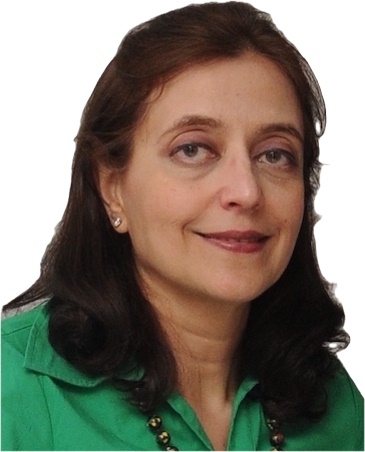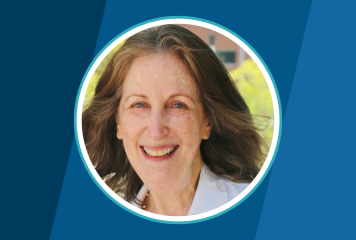
When Preeti Chhabria, MD, moved back to India after practicing internal medicine in the U.S. for 20 years, she knew she would continue to maintain her ABIM certification. While ABIM is not largely recognized in India, she said that participating in Maintenance of Certification (MOC) and taking an ongoing assessment like the Longitudinal Knowledge Assessment (LKA®) helps her to know that she is keeping her medical knowledge current and providing the best patient care.
“Of course, I do my own reading, but the assessment reassures me that I am not missing anything,” she said. “For me, the effort is worth it so that I know I am up to date on core competencies and where I might need to brush up on things. It is important for me to be ABIM certified; it means something special to me.”
Dr. Chhabria, who helped set up an international hospital in the city of Mumbai, has completed two traditional, 10-year Internal Medicine MOC exams during her career and is currently enrolled in the Internal Medicine Longitudinal Knowledge Assessment (LKA).
“The instant feedback that you get from the LKA is good,” she said. “It reinforces where your strengths and weaknesses are, and you can research the areas where you are not as strong. The first quarter of questions that I have done are very relevant, and even included one about a woman returning to the U.S. from a trip to India.”
She said that while her practice in India is different in some ways to her U.S. practice, evidence-based medicine is the same everywhere in the world.
“There may be some tropical diseases here that I didn’t see in the U.S., but at the end of the day cardiovascular disease and best practices are the same wherever you are,” she said. “I don’t think the LKA or the 10-year MOC exam are difficult if you’re staying current. I think it’s very logical, the questions are set up so it helps me to think correctly. I enjoy these multiple-choice questions and working through the scenarios.”
She continues, “if it’s difficult, that’s ok too—you’re learning along the way and you should want to get that extra push to be good. It should be a matter of professional pride to be as good as you can be for your patients.”



